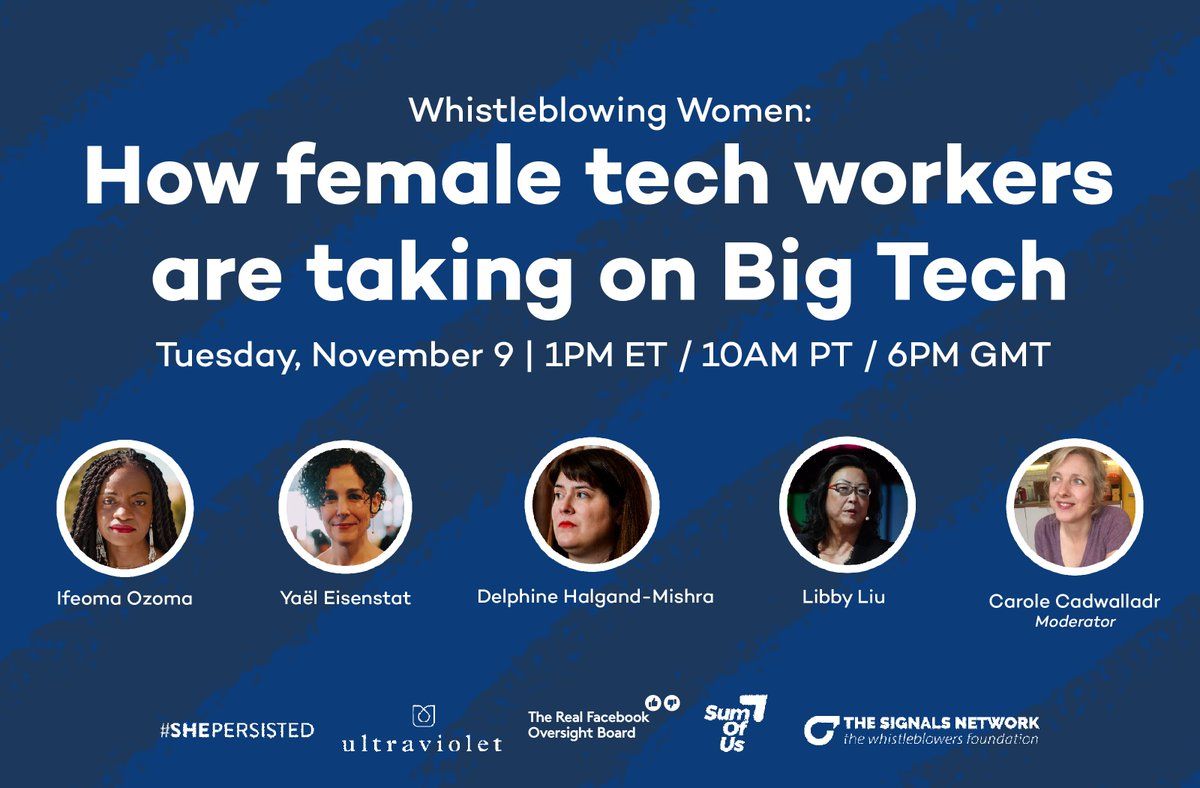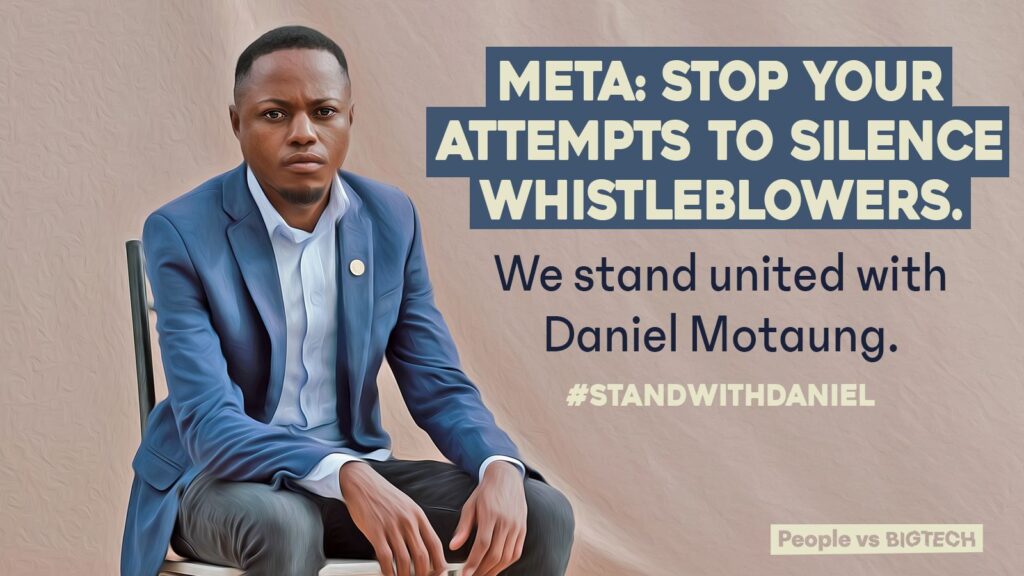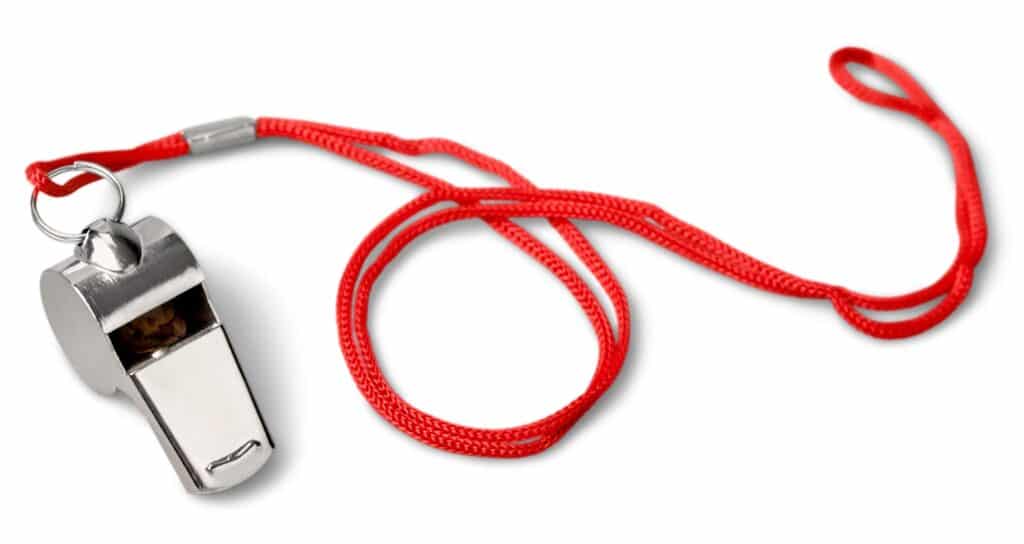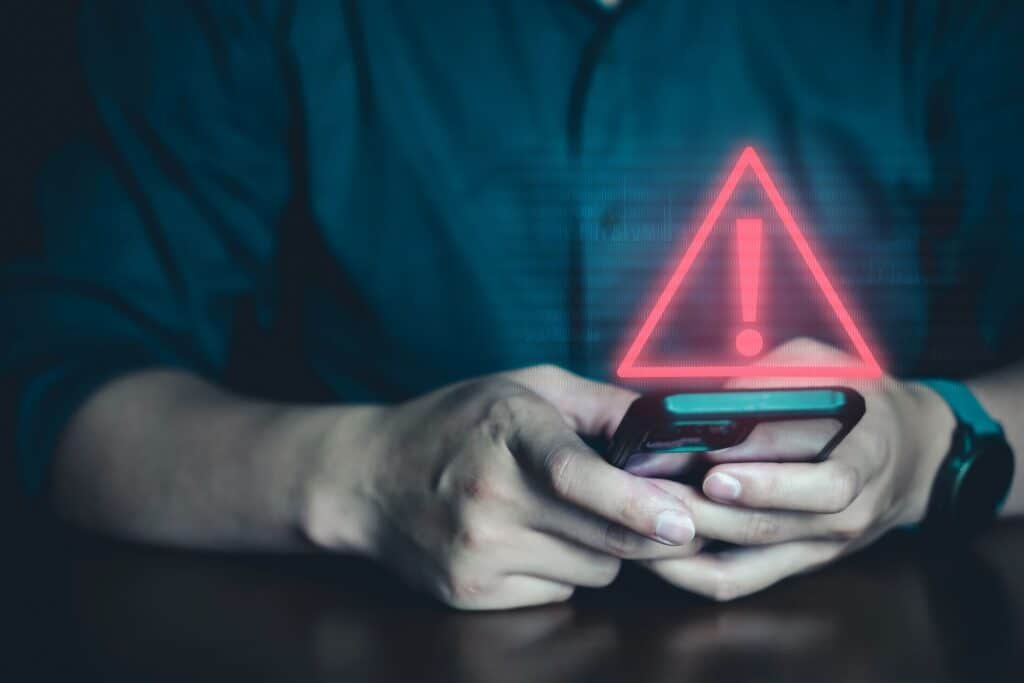Whistleblowing Women: How Female Tech Workers are Taking on Big Tech
A roundtable panel examines the unique challenges faced — and impact created — by women in tech who choose to come forward

A roundtable panel examines the unique challenges faced -- and impact created -- by women in tech who choose to come forward.
From Sophie Zhang to Frances Haugen, women whistleblowers are redefining how the world views Big Tech policies and products. With online platform priorities continuing to enable rampant abuse, sexism, and racism, their bravery has never been more important. Yet deciding whether or not to come forward is an extremely difficult decision to make -- one made all the more fraught when facing down Big Tech companies with seemingly endless resources. In the United States, whistleblowers are likely to lose their healthcare -- a result that routinely has a disproportionate impact on women who often require more regular use of health services and may also find themselves charged with looking after members of their immediate and extended family. And though women and women of colour make good candidates for whistleblowing because they have direct experience with Big Tech’s harms, they are also far more likely to be attacked if they come forward.
Fortunately, a community of resources and organizations is now growing around these vital stewards of the public interest. The recently published Tech Worker Handbook, which touts “Preparedness is Power,” is one such resource. Co-created by People vs Big Tech coalition member The Signals Network, in partnership with Pinterest whistleblower Ifeoma Ozoma, Lioness, Whistleblowing International Network, and Matt Mitchell of the Ford Foundation, the essential guide empowers tech employees by providing them with the critical knowledge they need when considering making such a momentous decision.

Public solidarity is another essential support piece -- such as when over 90,000 people signed a petition prepared by SumOfUs declaring they stand with Frances Haugen and all Big Tech whistleblowers. Messages of public support from all across the world were delivered to her before she testified before the EU parliament as part of the ongoing Digital Services Act debate.
Continuing this cycle of support, five activist organizations collaborated in November to examine the unique challenges faced -- and impact created -- by women in tech who choose to come forward to expose wrongdoing. Sponsored by SumofUs, UltraViolet, #ShePersisted, the Real Facebook Oversight Board, and The Signals Network, the panel -- Whistleblowing Women: How female tech workers are taking on Big Tech -- discussed what it is like for women in tech to come forward and why it is so important for them to have supporting documents. Host Carole Cadwalladr (British author, investigative journalist, and features writer for the Guardian and Observer) led the conversation with Ifeoma Ozoma (Founder and Principal of Earthseed), Yael Eisenstat (Future of Democracy Fellow, Berggruen Institute, and former Facebook elections integrity lead), Delphine Halgand-Mishra (Executive Director of The Signals Network), and Libby Liu (CEO of Whistleblower Aid, co-founder and former CEO of the Open Technology Fund). Ifeoma and Yael shared their experiences of speaking out, while Delphine and Libby provided background on the critical support their organisations provide to whistleblowers today.
The hour-long discussion, dubbed “a celebration of the bravery of whistleblowers in tech” by the Real Facebook Oversight Board, is a must-watch for anyone interested in understanding the complex process of whistleblowing and its profound effect on the public discourse. A recording of the event is available to watch here.




